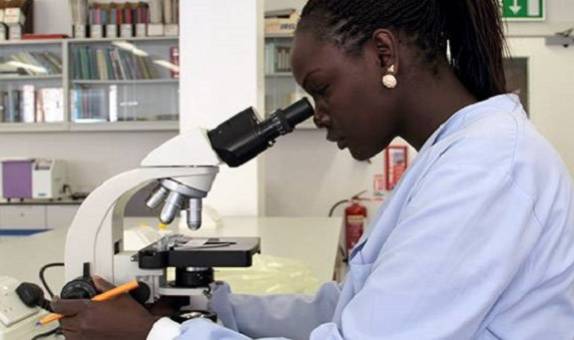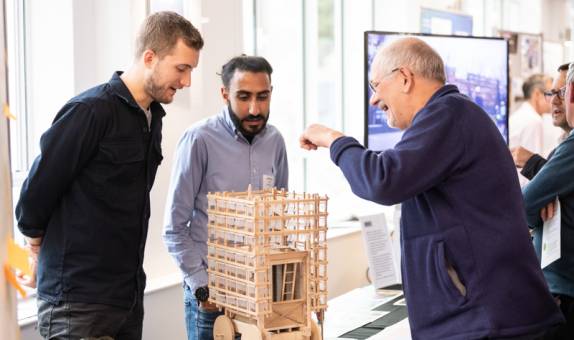Implementing policies and guidance to protect children from bullying in Qatar and the Arab Sector in Israel
Research at Kingston University offers insights into the prevalence, causes and consequences of bullying, and suggests ways to mitigate the problem.

Children exposed to bullying often experience trauma and may develop lasting psychological and physical consequences that impair normal emotional and cognitive growth. With the increased digitalisation of human societies, there has been a rise in cyberbullying among children.
For over a decade, Muthanna Samara, Professor in Developmental Psychopathology at Kingston, has conducted extensive research on bullying and cyberbullying in Qatar and the Arab sector in Israel, where bullying remains largely unresearched. He began this work by comparing precursors of bullying, its impact on health, and the potential solutions in the UK and Qatar. The research was supported by a grant of US$1 million from the Qatar National Research Fund.
Recommendations to policymakers
Professor Samara found barriers to the successful implementation of anti-bullying policy in schools, particularly concerning how incidents were followed up or prevented. He further documented the prevalence of cyberbullying in Qatar, appreciably lower awareness about bullying among Qatari children, associations between bullying and victimisation, and subsequent development of mental health and behavioural problems in children. Subsequently, Professor Samara made recommendations to policymakers in Qatar and the Arab Sector of Israel to tackle the problem.
In the Arab Sector of Israel, Professor Samara worked with a private education network to implement anti-bullying policies across 13 schools, based on his research findings. He then extended his recommendations through workshops for teachers, school psychologists, social workers and paediatricians in various cities. The psychologists who participated in these workshops have now started using his guidelines, assessments and therapeutic methods to diagnose victims. The Sharia courts in Israel, which have jurisdiction over some family matters, have also benefitted from Professor Samara's research. The President of the Sharia courts explained, "[We] learnt, for the first time, that ‘violence' was more than the physical form". This information has helped them change their approach to dealing with victims of abuse.
Successful workshops
In Qatar, Professor Samara has collaborated with the Ministry for Education and Higher Education in Doha since 2016. There have been workshops to equip policymakers, psychologists, social workers, paediatricians and teachers with conceptual tools to identify and reduce bullying. The workshops were highly successful in improving awareness of bullying in all participants; they influenced 84% of the participants to adopt new assessment methods, 89% to adopt new preventative strategies, and 95% to adopt new victim-support practices. This led to a reduction in the prevalence of bullying cases, according to 89% of the participants.
Guidance for government schools
The Ministry also produced a guidance pack with questionnaires and therapy modules related to anti-bullying, based on the information generated in these workshops. This was circulated in every government-run school in Qatar for the 2017–2018 academic year, benefitting students and teachers in nearly 200 schools. The Consultant for Student Psychologists reported that since 2016 "bullying is taken into account in our practices and diagnosis" for more thorough investigations and prevention of traditional bullying and cyberbullying, particularly during the coronavirus pandemic. In addition, medical facilities like the Hamad Medical Corporation's services now require hospital paediatricians to include questions in diagnostic tools that can identify victims of bullying. Similarly, the Family Consulting Centre in Qatar has created new policies that integrate Professor Samara's recommendations into their guidelines and protocols to deal with children and parents involved in legal cases.
Contact us
- For non-student research enquiries, email the Research Office
- For research impact and REF enquiries, email the REF and Impact Team.
- Research contacts
- How to get to Kingston University















